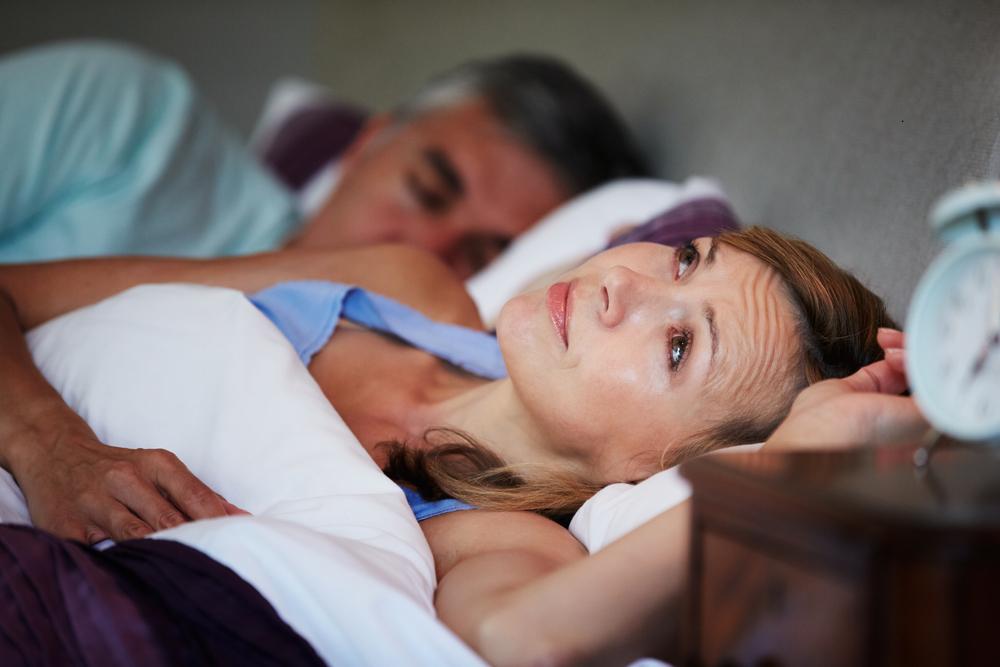Sleeping Difficulties As You Age
Sleep disorders and aging are not entirely related, but health issues that develop at an older age, result in sleep disorders. Sleeping disorders in elderly people can lead to several health issues and to daytime fatigue.
5 common causes of sleep disorders are listed below:
- Medical issues related to old age: Old age causes certain health issues like heart and lung conditions that affect breathing. Also. gastroesophageal reflux disease, which results in heartburns.

and diseases like osteoarthritis, prostate enlargement, anxiety, depression, Alzheimer’s and Parkinson’s can cause sleep disorders. Sleep apnea, snoring and other breathing disorders: Breathing issues aggravate with age. These breathing disorders can create problems with sleep-related breathing patterns. Several questionnaires and objective sleep tests are conducted to detect these breathing disorders. Insomnia: This disorder occurs when people have difficulty sleeping. This is one of the most significant sleep disorders. This sleep disorder can be associated with fatigue, depression, anxiety, cognitive decline, quality of life, and several other long-term health outcomes. Insomnia can be assessed by tracking sleep patterns and using a sleep journal. Restless leg syndrome (RLS): The restless leg syndrome is a neurologic sensorimotor disorder in which there is an overwhelming urge to move your legs when they are in a resting position. This is even accompanied by tingling, creepy, itchy, pulling and aching sensations. The severity of RLS symptoms ranges from mild to intolerable. These symptoms generally worsen during the evening and night, causing sleep disruption. Periodic limb movements (PLMS): Periodic limb movements are repetitive movements in the lower limbs that occur every 20-40 seconds. The brief muscle twitches, jerking movements, or an upward flexing, are clustered into episodes lasting from few minutes to several hours. PLMS may be linked with the restless leg syndrome, but they are not the same. While PLMS is the repetitive cramping of the legs during sleep, RLS is a condition involving strange sensations and a constant urge to move the limbs while being awake. People with restless leg syndrome can have PLMS, but the reverse is not true.
It is important to thoroughly diagnose the main cause of a sleeping disorder. The usage of sedatives should be a last resort, as sedatives might affect the brain’s functioning. Curing the main cause of a sleeping disorder will help to eliminate the problem completely.
Disclaimer:
The content of the articles discussing symptoms, treatments, health conditions, and side effects is solely intended for informational purposes. It is imperative that readers do not interpret the information provided on the website as professional advice. Readers are requested to use their discretion and refrain from treating the suggestions or opinions provided by the writers and editors as medical advice. It is important to seek the help of licensed and expert healthcare professionals when necessary.



